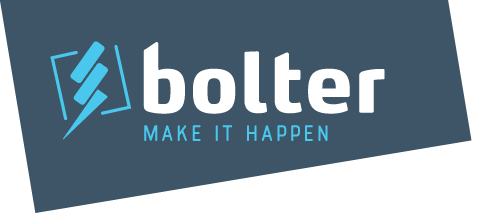Starting out is not easy. Here is our startup checklist to help get your ducks in a row:
- Preparing a business plan – this is a really important document to flesh out your ideas, the market, and strategise how you will keep your business afloat in the first few years. Your business strategy is critical to the success of your new business, particularly setting out your marketing and sales strategies and assessing the market and your strengths and weaknesses. Business plans are great tools to consider and create contingencies for any of the unknowns that crop up in a business, such as ‘what if I need to spend more time out grassroots business developing than in the business’.
- Engage with your potential clients and customers – what better way to learn more about your clients and customers wants and needs than to go straight to the source! You should consult with your clients and customers early on in your planning phase to ensure that your idea will solve a problem and to see if there is a market willing to pay for your product or service.
- Balance your budget – starting a business costs a lot. It is critical to list out all the expenses required to start your business. This will give you a realistic projection of how much your business needs initially and ongoing. However, it is even more critical to get your personal budget right to ensure that you can live while the business is starting.
- Get your structure right – each business structure has advantages and disadvantages. To help, see our article on business structures here. There are many factors to consider such as what sort of asset protection is required, the likelihood of capital raising from investors, and how you want your personal tax setup.
- Protect your IP – your IP will play an essential role in your business’s success, and you should not undervalue it. Most startups have a large portion of their business’ value embedded in their IP. Simply creating IP does not mean that you own the rights to it, except if it involves copyright or circuit layouts. So, to own the rights to the IP, you must register your IP – failing to do so means placing your IP and all of your hard work at risk.
- Register your business – registering your business with the different governmental departments can seem overwhelming, as there are a lot of state and federal departments. However there are only a few key registrations that you need to make starting out your business. You will likely register your business and obtain an Australian Business Number (ABN). You also need to consider registering for GST and if you have employees, PAYG withholding tax. If you’re conducting a specific business, like a café, then you should consider whether you require any compliance with local and state regulations through licences, permits, approvals, registrations or codes of practices.
Depending on your business and its circumstances, you may need to consider some of the following:
- Business finance – finding out your borrowing capacity for business finance and choosing a lender.
- Leasing – locating premises and entering into a lease, or even deciding whether you need to work from home.
- Franchising – understanding your obligations as a franchisee under any franchise arrangement
- Becoming an employer – contemplating the pros and cons of becoming an employer.
- Upskill – upskilling your knowledge of financial statements and business lingo is important. You should also consider what more you can learn about your industry more generally.
- Gearing up – sorting out the equipment you need and take advantage of any tax benefits or write-offs available.
While not fully comprehensive, the checklist above provides a good example of some of the more important topics to consider when starting out.
To help you get started, Bolter has a free business plan template designed for startups and small businesses. Get your free copy here!
